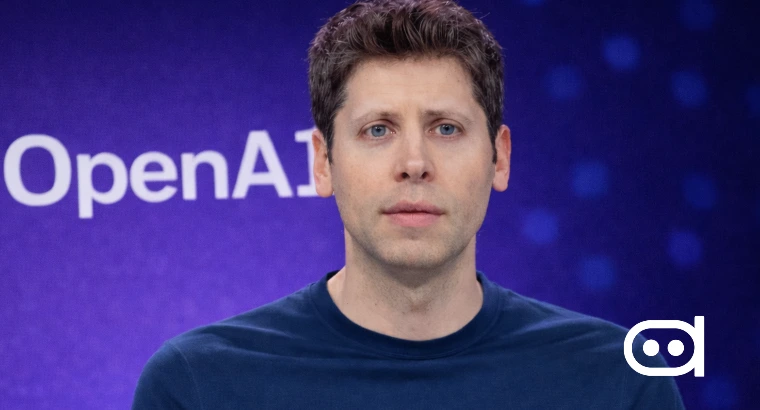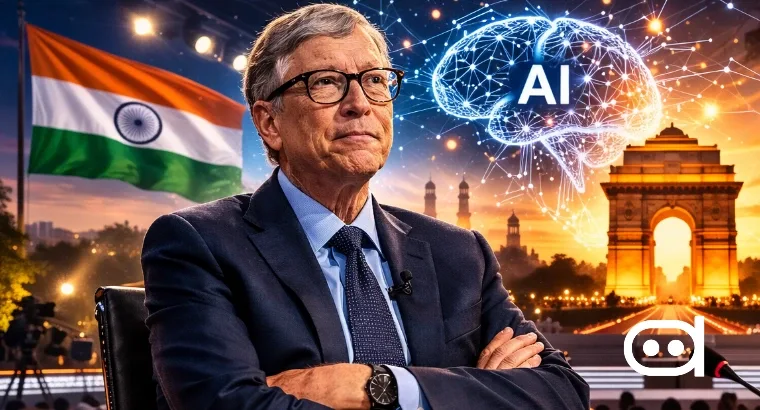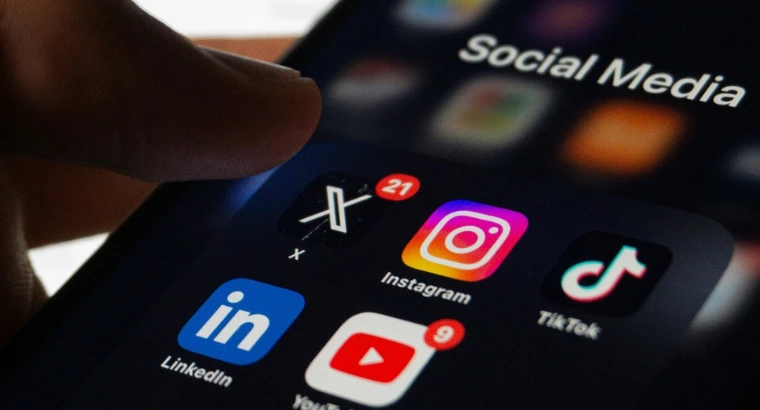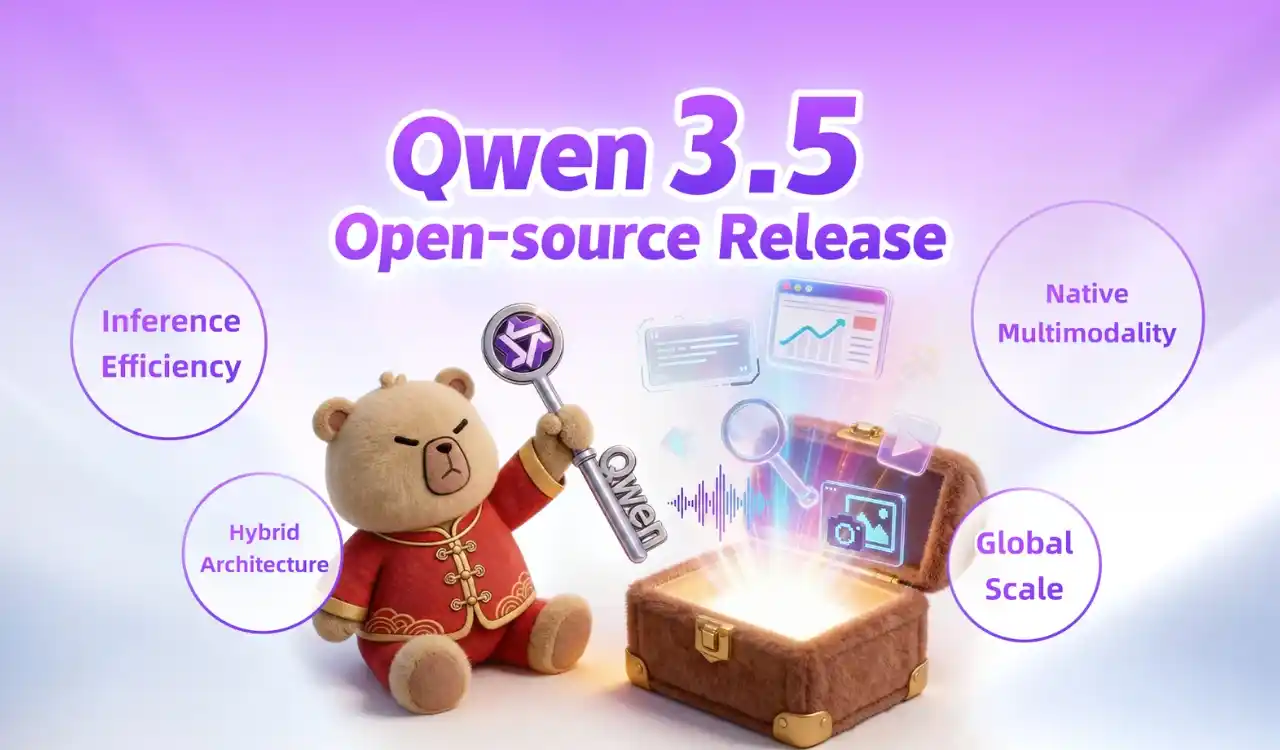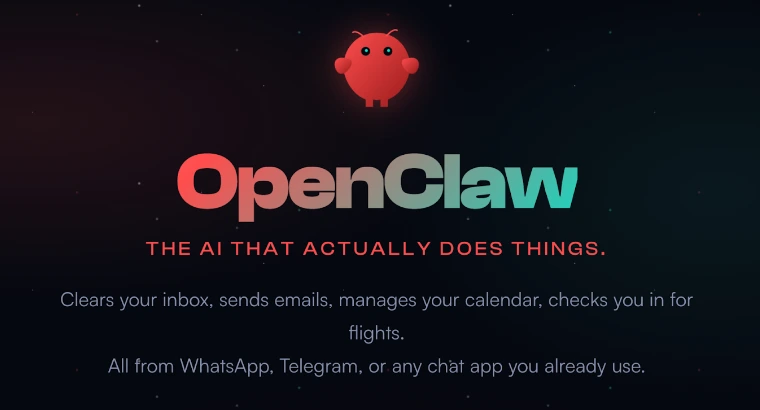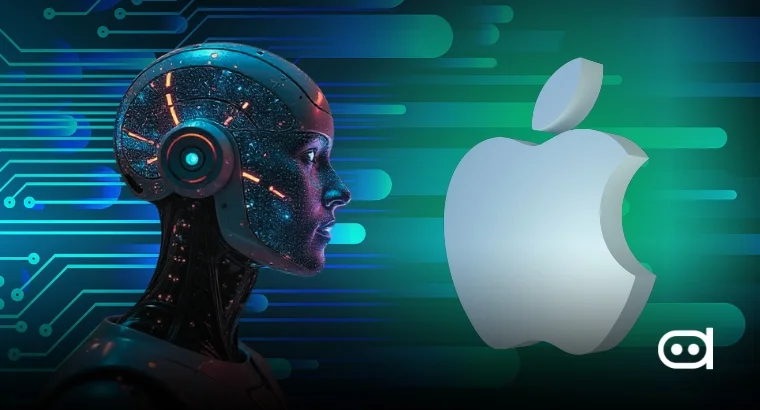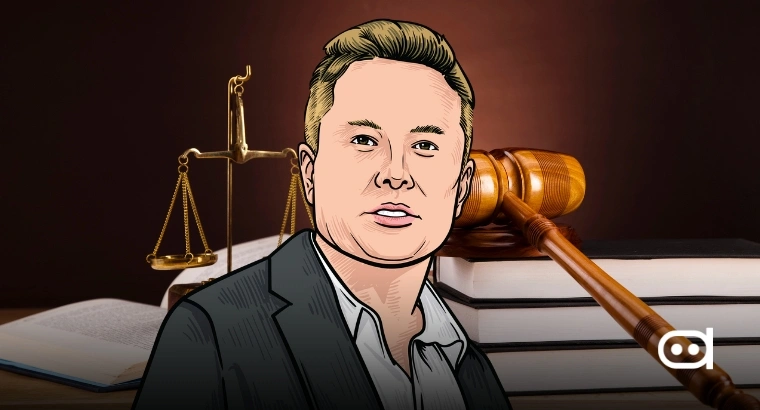
Key Highlights –
- xAI’s founder Elon Musk has filed a lawsuit against tech giants Apple and OpenAI, accusing them of unfair AI competition conspiracy.
- Musk is seeking billions of dollars in return to “recover damages“.
- OpenAI responded calling it, “consistent ongoing harassment” by Musk.
On August 25, xAI sued Cupertino-based tech giant – Apple, and ChatGPT maker OpenAI in U.S. federal court in Texas, accusing them of practising unfair AI monopoly in the market.
According to a Reuters report, the lawsuit cited that Apple and OpenAI have “locked up markets to maintain their monopolies and prevent innovators like X and xAI from competing.”
Why Elon Musk Sued Apple and OpenAI
Elon Musk’s lawsuit against Apple and OpenAI centers on allegations that the companies are engaging in anti-competitive practices that stifle innovation. The lawsuit claims that Apple’s exclusive deal with OpenAI gives it an unfair advantage, making it impossible for competing AI platforms like Musk’s Grok to succeed.
According to the court filing, Apple’s partnership with OpenAI is a primary reason it “refuses to mention Grok on any lists,” despite the X app and Grok having strong user ratings. Musk echoed these sentiments in a post on his social media platform X, stating that Apple’s behaviour prevents any AI company besides OpenAI from reaching the top spot in the App Store. For these alleged damages, xAI is seeking billions of dollars.
An OpenAI spokesperson responded to the lawsuit, calling it “consistent with Mr. Musk’s ongoing pattern of harassment.” However, Apple did not immediately comment on the matter.
You may also like to read:Grok 2.5 and Grok 3 to Become Open-Source Models: Elon Musk
The Backstory, and Expert’s Opinion
The lawsuit is unfolding within a highly competitive and complex legal landscape. Antitrust experts believe Apple’s dominant position in the smartphone market could bolster xAI’s claims that the company is illegally tying iPhone sales to its partnership with OpenAI.
However, experts also note that Apple could defend itself by arguing that its partnership with OpenAI was simply a business decision made in a competitive market, and that it has no obligation to help its rivals gain market share. Herbert Hovenkamp, a University of Pennsylvania law professor, added that Apple could also cite security or operational reasons for integrating AI into its operating system in a specific way.
Beyond the immediate dispute, this lawsuit is significant as it could give courts in the United States their first opportunity to formally define the market for AI, a crucial first step in any antitrust case. Christine Bartholomew, a professor at the University at Buffalo School of Law, described the legal action as a “canary in the coal mine” for how U.S. courts will treat antitrust issues within the burgeoning AI industry. The legal battle is not new to the involved parties, as Musk is already suing OpenAI and its CEO Sam Altman in a separate case over its transition from a nonprofit to a for-profit business.
Apple’s App Store practices have been the subject of multiple previous lawsuits, including a high-profile case with “Fortnite” video game maker Epic Games. This lawsuit further highlights the long-standing legal scrutiny on Apple’s app distribution policies.

